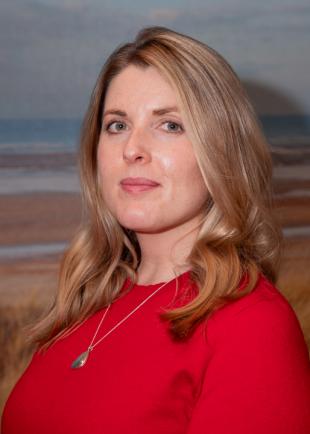Email:
Location:
Engineering Discipline:
- Mechanical Engineering
Research Interests:
Overview
Our work specialises in the creation of 3D biomimetic microenvironments for the study of biological systems and problems. Traditional in vitro research takes place in plastic culture dishes using 2D monolayers of cells. These do not accurately mimic the complex biomechanical and biochemical niche experienced by cells in vivo. In the human body, cells are each in a microenvironment which experiences fluid flow, such as blood, lymph and bile and are embedded in an intricate network of proteins and other molecules that surround, support, and give structure to cells and tissues in the body. The extracellular matrix helps cells attach to, and communicate with, nearby cells, and is vital for cell growth, movement, and and disease development. We work to mimic the oscillating nutrients, hormones and cytokines that human cells are exposed to in the body, as well as the mechanical forces cells experience from the fluids and extracellular matrix that surrounds them in 3D tools that researchers can use to study how cells behave and diseases develop as well as tissue engineering approaches to patient treatment via implantable scaffolds and devices to address the donor organ shortage.
Microfluidics
Microfluidic technology is used throughout our research. We currently focus on using microfluidics for the following applications:
- Cell encapsulation and culture (including stem and human primary cells).
- Rapid screening technologies (such as those for environmental pollutants and novel pharmaceuticals).
- On chip diagnostics and analysis
Cell expertise
Within the group we possess a wide range of cell culture expertise and knowledge, particularly in the following areas
- Human primary cell retrieval and culture (particularly liver, corneal, gametes, neuronal and kidney)
- Human stem cell models (iPSC, ESCs and advanced developmental models including blastoids)
We also possess expertise in the ethics and administration of obtaining human and animal donor tissue and cells from various sources, including the National Health Service Blood and Transplant.
Current projects include
- Sex differences in the human liver, kidney and bones
- Electrospinning for suture retention
- Corneal, heart valve and ligament tissue engineering
- The impact of environmental pollutants on human fertility
- Biomechanical forces and materials influence on early human development
Further Information:
We are always open to new collaborations and students. If you have any enquiries please email rhiannon.grant@ed.ac.uk
Dr Grant is happy to speak at public event and is particularly committed to encouraging women and girls in STEM. If you'd like her to speak at your school, workplace or event please send an email!
We maintain strict commitments to the reduction, refinement and replacement of animal models throughout our work.



